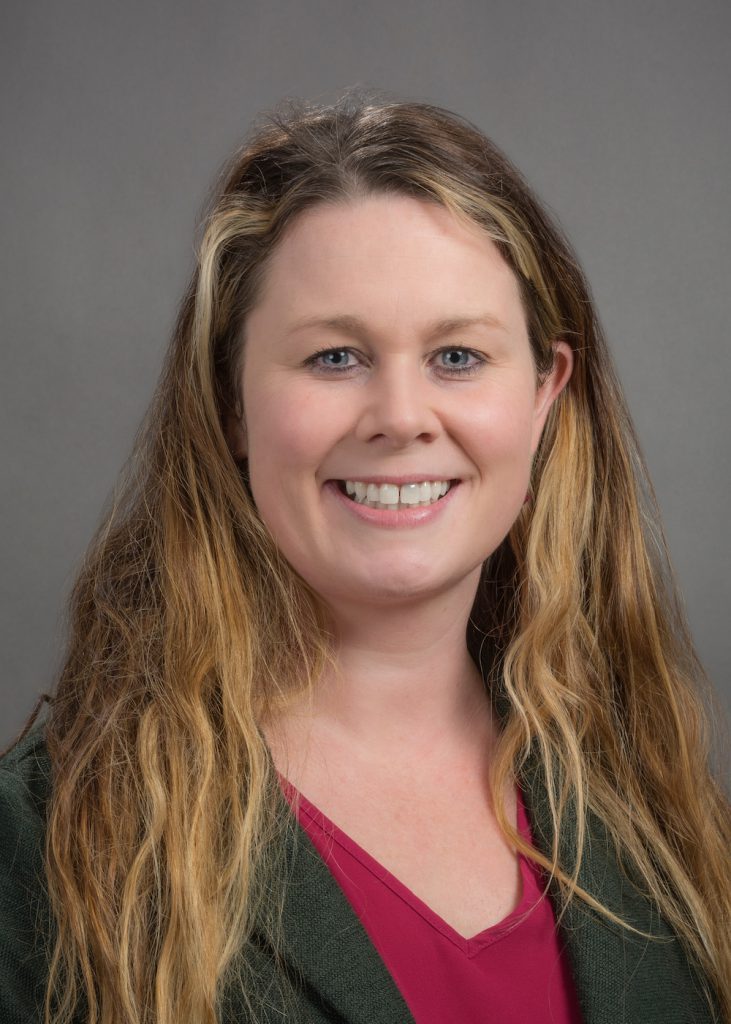
The Tissue and Regenerative Engineering (TARE) Lab aims to understand the cues needed to promote connective tissue regeneration after injury with a focus on sex differences in this process. Specifically, we engineer biomaterials aimed to elucidate how immune, progenitor, and differentiated cells from male and female musculoskeletal tissues differentially respond to sex hormones and the structural and mechanical cues from the extracellular matrix. This physiological information is used to develop biomaterial scaffolds engineered to promote sex-specific regeneration. Read More
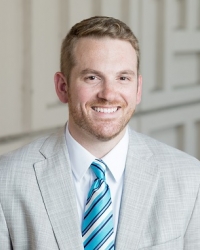
Nick launched the Riley Research Group at the University of Washington in September 2023. His independent program leverages creative technology development to study fundamental roles of glycosylation in cell surface biology, with a focus on glycocode regulation and dysregulation in cancer progression and metastasis. The Riley Research Group integrates MS-based multi-omics, chemical/molecular biology, and bioinformatics in a systems-level approach to glycobiology to further our understanding of human health and disease and to advance therapeutic glycoscience. Read More
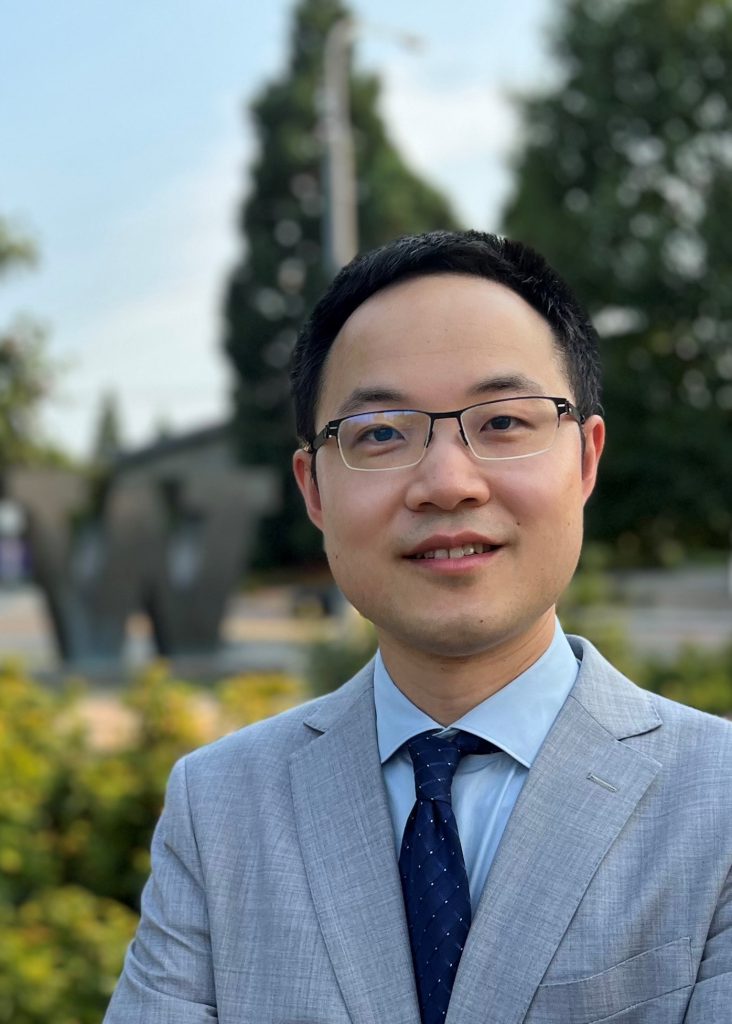
The Cao Lab at the University of Washington is a dynamic and interdisciplinary research group that focuses on two exciting and innovative research directions: mucosal immunoengineering and microbiome pharmaceutics. We aim to develop innovative and translatable tools that can prevent and treat a host of immunological disorders, including allergies, inflammation, and autoimmune diseases, as well as infectious diseases. Currently, our lab is deeply engaged in developing therapeutics that modulate the immune system by specifically targeting the microbiome and its associated metabolites. Read More

Research in my laboratory focuses on the development of novel methods to answer fundamental questions in biology & medicine. Much of biology & medicine is technology limited in that leaps in knowledge follow closely on the heels of new discoveries and inventions in the physical and engineering sciences; consequently, interdisciplinary groups which bridge these different disciplines are playing increasingly important roles in biomedical research. My lab has developed partnerships with other investigators in the areas of biology, medicine, chemistry, physics, and engineering to design, fabricate, test, and utilize new tools for biomedical and clinical research. Read More

How does a protein’s sequence encode its fold and function? How do changes in sequence influence disease risk, prognosis and treatment? How do gene expression patterns combine with protein activity to define cellular processes like growth, migration and communication? The Fowler lab develops new ways to probe the relationship between genotype and phenotype, enabling us to better answer these questions. To accomplish this goal, we draw on our expertise in genomics, protein science, technology development and computational approaches. Read More
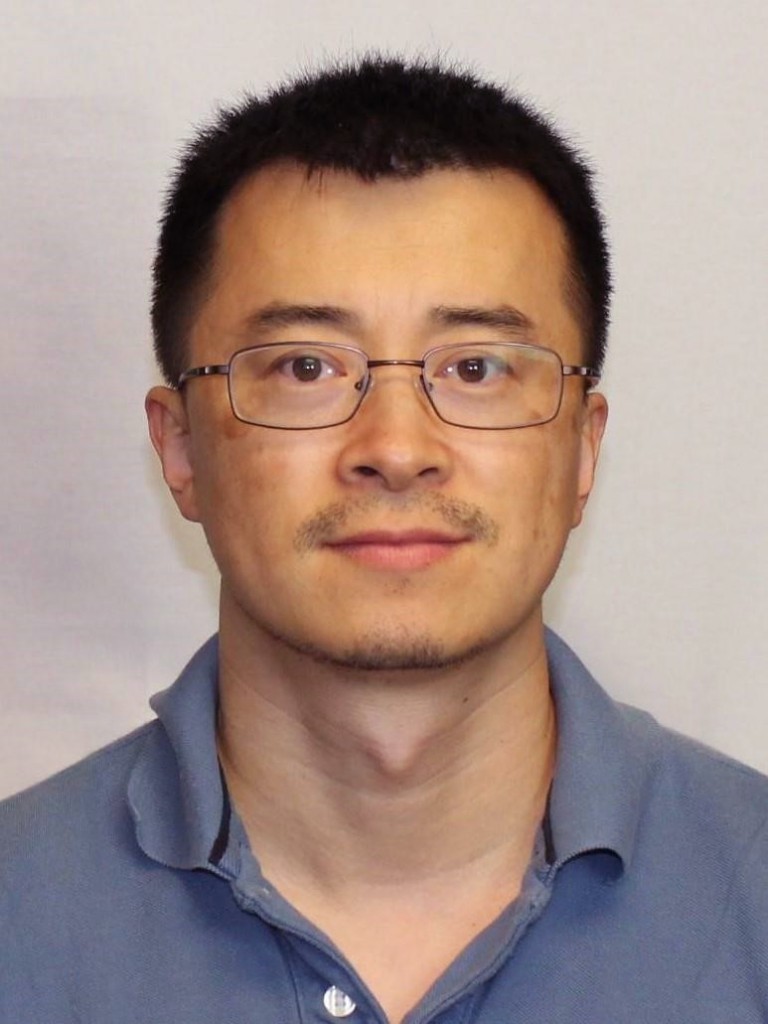
My lab is interested in using the prostate as a tissue model to study the molecular and cellular mechanisms that regulate development, tissue homeostasis and carcinogenesis. Currently, there are two major research focuses in the lab. The first research focus is to characterize the prostate epithelial lineage hierarchy. We seek to investigate how individual prostate epithelial lineages are maintained in adults by prostate stem cells or progenitors, and to identify master regulators that control adult prostate homeostasis. The second focus of the lab is to investigate the molecular and cellular basis of aggressive prostate cancer. Read More
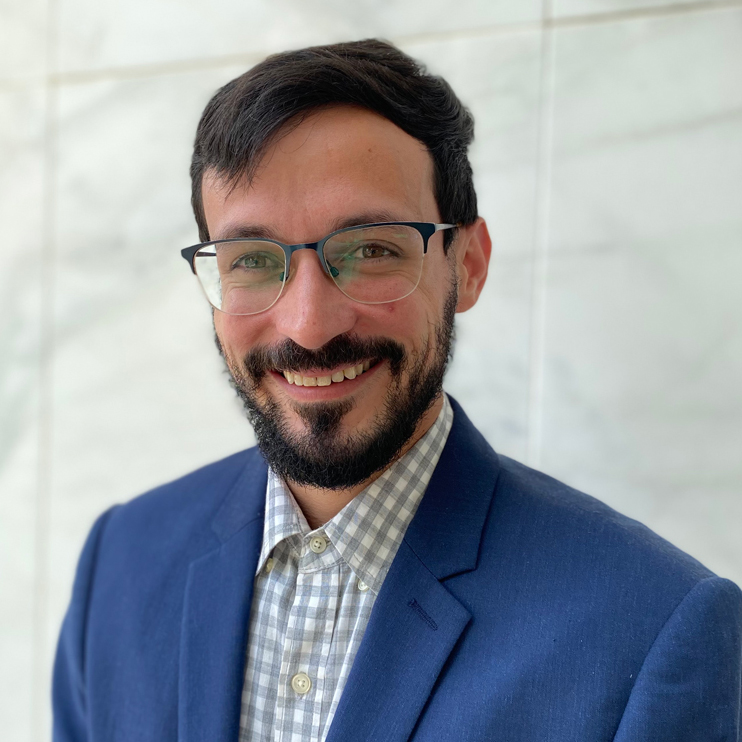
The Marchand Lab aims to utilize fundamental approaches in synthetic biology, chemical biology, biosynthesis, and biomolecular engineering for reprogramming life at the nucleic acid level. The goal is to extend the nucleotide building blocks available in living systems for biosynthesis, and to use newly expanded metabolism for producing nucleic acids with emergent, programmable function. Our group currently focuses on xenonucleic acids with nucleobases that basepair orthogonally to the canonical genetic code (i.e. ATGC+XYWZ). These xenonucleic acids are all synthetic in source. Read More
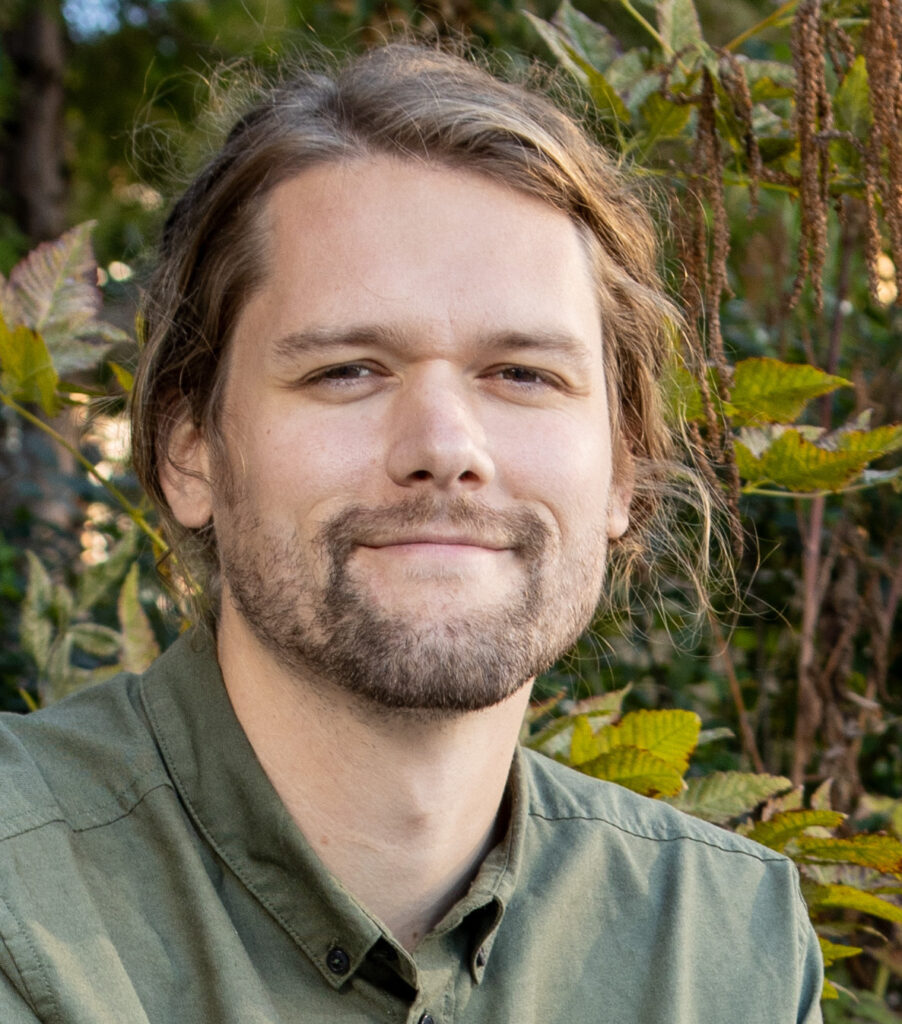
Our group is focused on molecular technology development for a wide array of applications, from genomics and proteomics to molecular computing and digital data storage using DNA. To do this, we integrate expertise in synthetic biology, biophysics, biochemistry, computer science, and engineering. Current areas of focus include nanopore sensing, single-molecule protein sequencing, CRISPR-Cas, wet-lab automation, machine learning for biological systems design, and cyber-bio security. Read More
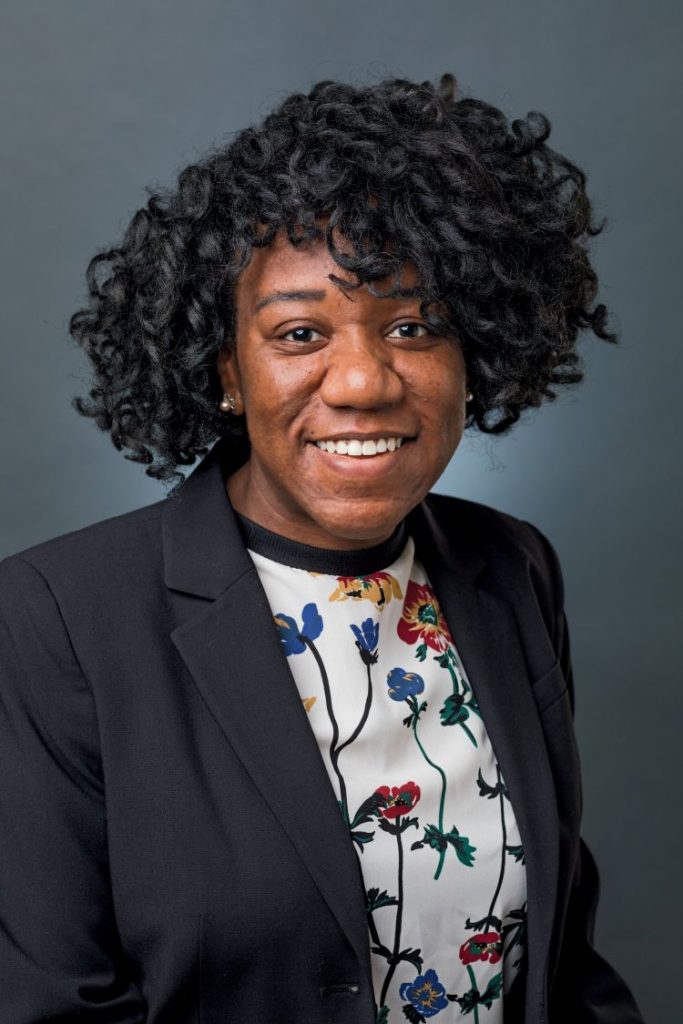
Ray’s research bridges materials science and environmental engineering to create unique solutions to urban water supply sustainability. We design novel composite materials to: (1) selectively adsorb and/or degrade toxic, persistent contaminants, (2) remove contaminants in urban stormwater, and (3) recover value-added products from waste streams. We investigate interfacial reactions using surface chemistry techniques to better understand the structure-function relationships of our materials for their intended applications. Read More
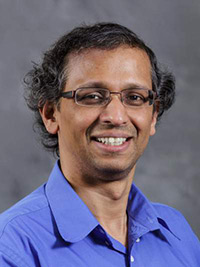
Our group develops methods in the theory and computational modeling of nanoscale devices, and applies them to emerging technologies. In particular, we are interested in emerging devices where quantum mechanics plays a fundamental role in determining device behavior. Such devices have the potential to impact the fields of low power electronics and bio/chemical sensing technologies. We use both methods developed by us and other groups to design and simulate nanodevices and explain experiments. Our current research involves charge transport in (i) emerging memory devices where atom movement is central to information storage, (ii) bio nanostructures (DNA and peptides), (iii) molecular nanostructures and (iv) solar cells. Read More